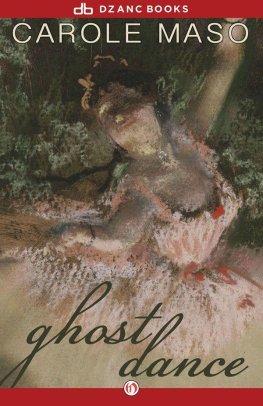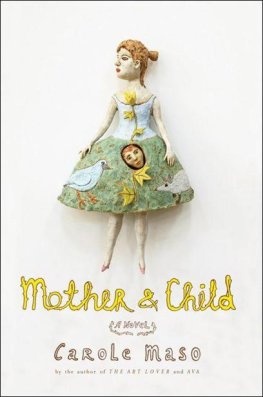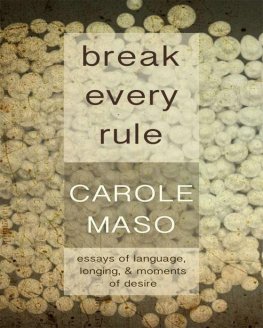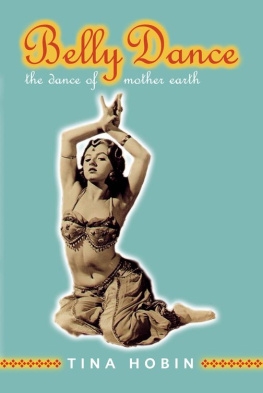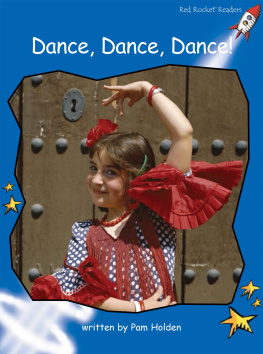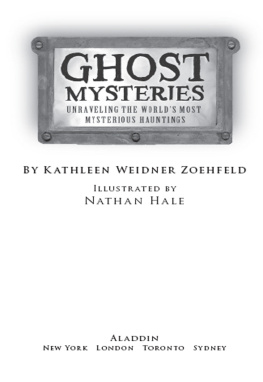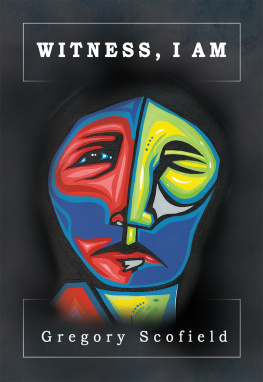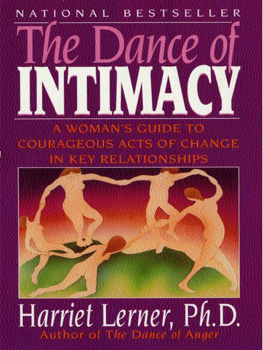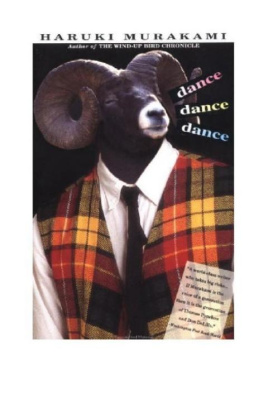To my mother and father,
who offered me the creative dream
as if it was water or food or a place to live.
To Barbara, who encouraged me to live there.
And to Helen, who made it possible.
In memory of David Kennedy,
Kathleen McCarthy, and James Wright.
She is standing under the great clock in Grand Central Station and she is waiting for me. She does not shift her weight from one foot to the other, checking her watch every few moments, worrying about where I might be. She is not anxious at all, in fact, but calm, peaceful, at ease. She is so beautiful standing there. People whirl around her, talking, laughing, running, but they pause for a second when they see her, turning back to look as they hurry. She focuses in the distance, oblivious, it seems, to the life of the station, and looks straight ahead at a point still some way away, where the poem she has been struggling to finish for days will fall into place. She smiles as she feels herself come a little closer and then rests; there is no forcing it, she knows. She shifts her great attention to me. Vanessa, she whispers, and she closes her eyes. Vanessa, she says, guiding me through the treacherous streets to her. Slowly she clears a wide path for me through the snow and, as I step safely, in her mind, from the taxi onto the street, quite suddenly the poem is complete. As she places my foot onto the pavement, puts the fare in the drivers hand, and has me enter the station, she is overwhelmed by an immense, inexplicable joy. Nothing can equal this happiness, she thinks. She looks up at the snow that hugs the high, cathedral-like windows. She is dangerously happy. The day is beautiful. There has never been a better time or place to be alive, she thinks. There is no life more perfect than her own. And she is right.
She has just gotten off the train from Maine and she carries in her body that fierce New England coastline. She is rock strong she has cast her restlessness into the sea. For her own she has taken the large, simple faith of the fisherman. I feel her as my taxi flies through snow. She pulls me toward her, toward her harsh, clear cold, toward her wild bramble bushes; I feel her irresistible winter in my bones.
The city sparkles like a jewel in the sun. The snow is blindingly white. She is smiling. She is bathed in apricot. The poem is complete. It is true: the world is a cathedral of light.
On such a day as this, it is possible to believe that everything will be fine. We will understand our lives, we will be the best we can be. We will be brave. We will say what we meant to say.
On such a clear day it is possible to believe that we will live forever, that death was something we once invented, long ago, on a lazy summer afternoon when we had nothing better to do a way to add texture, dimension, a way to change the pace of our lilting lives. On such a day it is possible to believe that sorrow will turn into one great vapor and blow off and be gone forever; that the childhood dream of fire will turn out to mean nothing in the end; and that our deaths, if they must be, will be timely, after eighty, and while we sleep.
As I shut the cab door and walk down the path through drifts of snow to her, I know that all of this is possible. We will have time for everything. We will say what we meant to say. It will all make sense. We will be fine.
I step into the safety of this great station and the feeling persists: it will all last forever. The building curves around me; all longings merge here. It will all go on and on: the glances, the hurried steps, the breaking voices, the tentative good-byes, the echo of joyous helios. A young woman races across the enormous floor. In the sound of her high heels clicking, in her purse at her elbow as she buys her ticket, I know: it will last forever. She hurries on in every time, toward every life.
I smell the snow and breathe in the air of long ago. On the balcony, forty years before this, a young man all good looks and grim optimism stood smiling nervously. He stands there now, remembering his fathers hesitant pride, his mothers tears as they waved him on to war. His mother wore the softest white gloves, his father a felt hat. He shakes his white head as he watches them, still waving and waving good-bye. They will wave forever, he knows. White gloves. A felt hat. They are long dead. It does not matter. This is our fate: to love too much even the dead, who might not need our love.
We love too much this man who cannot forget, the woman who rushes, and I who can feel her pull from the other side of the city. I see her as I run down the marble steps. Strains of classical music, the violin, the oboe come from the caf at the top of the station. The light is fragile, the music is lovely, the whole station is moving and alive. There is no place more vital than this one, more exciting, more filled with promise. There is no better place on earth, nowhere else that can fill us with such hope. It will all go on. She is beautiful. People turn to look at her. The poem is complete. I run to her. There has never been a better moment to be alive. I am immensely happy. Love makes it so. We love too much and still.
I get closer. She is wearing a large hat. She turns to me. The vision breaks. My mother is in deep trouble.
Mom, I say quietly, touching her shoulder. She does not really recognize me. I know not to speak too loudly. Mom, I say, Im sorry Im late My voice trails off. She is not seeing me at all. I look away from her so that she might be spared the pain of this young woman, a college student overloaded with books, who talks to her so kindly and holds her hand and brushes her hair from her face. I look back at her, straighten her hat. She smiles. Youre very nice, she says. I look away.
The sharp arms of the great clock slice into the back of her neck and she lets out a small sigh.
Oh, Mom.
Darling, she says, my darling. And with these words we are back in our places home again back in our hard love.
Im sorry Im late, Mom, I say. The snow, I whisper. But I know that she sees no snow, feels no cold.
She touches my face, brings her gloved hands to it, gently.
Oh, Mom, I say. I will not look away. I will see her this time.
As she takes off her gloves I see that she is wearing a ring on every finger. Each of her nails, I notice, is carefully shaped and polished. This time I hear the sound of her bracelets in my ears as she puts her trembling hand to my face again. Around her neck and waist are scarves, gold chains, lockets, ropes of silk, feathers, charms. I shut my eyes for a moment. Her eyes, shaded by the enormous flowered hat, are heavy with makeup, her cheeks are stained with rouge, her mouth a wild, brilliant pink.
She wears layers and layers of clothes, sweater over silk blouse over sweater, making her look like a bulky, large figure in the world someone to reckon with. I should be used to this by now, I say to myself, and yet I never am. She has never looked this bad before, I think, armored in this way against simple dailiness, her protection from the world when she is not feeling well.
I take off her hat and there are dozens of braids in her hair, intricate knots, curls.
Oh, Mom, I say, lifting the rows of chains that hang around her neck, weighing against her chest.
What is it, Vanessa? What is it, honey?
You dont need all of this, I say.
Hmm? What, dear? Her voice tosses, rises, and falls in the ocean off of Maine. I focus on the large black tunnels that lead out to the trains.
You dont need all of this.
She looks around as if I am talking about the station. She nods.
Oh, they will tear this place down, too, I suppose, she says with a sigh.
I turn away from her again. I am so afraid. I should be used to this by now.

